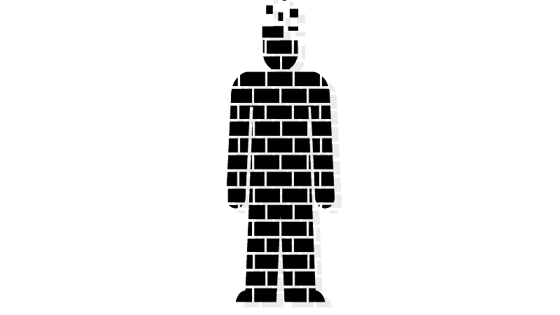Games
Quality assurance (QA) build engineer
Also known as: Build engineer, Build release engineer, Development operations (DevOps) engineer, QA build programmer, QA build release engineer

What does a build engineer do?
Games need to be continually updated, improved and kept free from errors. A build engineer's primary role is to make sure an up-to-date build of the game can be created when needed as quickly as possible.
This involves automating and optimising processes, maintaining software and hardware systems, creating tests and helpful tools, and communicating with every member of the game team.
The improvements go through various stages. This is known as the release schedule. Build engineers solve technical problems that might interfere with a release, so it goes smoothly for programmers and players alike.
The scope of the roles depends on the size of the games studio. In smaller studios, build engineers write the code themselves. In larger ones, they pass on the tasks to other programmers. They also look at how the build could be easier. They see if there are elements in the build and release that could be automated freeing up the programmers for other jobs.
What is a build engineer good at?
- Organisation: plan the release, manage the making of the new build while maintaining the old one
- Programming: develop code to improve the build
- Innovation: spot problems with the code and be able to find solutions
- Communication: be able to share thinking with designers, programmers, project managers and QA technicians - it’s important everyone agrees the build engineers’ plans
- Attention to detail: spot imperfections in code, write detailed documents about each release
Who does a build engineer work with?
Build engineers will work with the programmers, QA technicians, and games producers.
How do you become a build engineer?
Build engineers usually have several years’ experience in software development. This is not an entry level role.
At school or college:
If you want to go straight to university:
Take A-levels or Highers in maths or computer science or the BTEC Level 3 Diploma/Extended Diploma in Computing. If you enjoy art and design or graphic design take those too. They are very much relevant to the games industry.
If you want to straight into a job:
One of these Level 3 vocational qualifications will be relevant.
- BTEC Diploma in Computing for Creative Industries
- AQA Technical Level IT: Programming
- AQA Technical Level IT: Networking
- OCR Technical Diploma in IT (Digital Software Practitioner)
Work on your own projects:
Make contributions to Open Source development. Solve some problems. Build some tools. It will be useful to show these to potential employers as well as your professional and academic experience.
Take a degree:
Most people in the games industry have degrees. A degree in computer science is the most relevant to this role.
Network:
Get to know people in the games industry by attending events, including games conferences and expos. Meet professionals and ask them questions about their work, while demonstrating interest and knowledge in the industry. Offer to provide them with your professional contact details and try to stay in touch with them. Go to Network well to learn how to do this.
Search for jobs:
Use the UK Games Map to find out if there are games companies near you, then go to their websites directly and check out their open roles. You could also check out ScreenSkills jobs board.
Get to know games companies:
Use the UK Games Map to find games companies near you, then go to their websites directly. Check out what they do and think about how you might be useful to them.
You might also be interested in...
Being a level designer, gameplay programmer, tools engineer or an engine programmer in the games industry. You might also be interested in being a post-production supervisor in the film and TV drama industries, or a pipeline technical director (TD), assistant TD or software developer in visual effects (VFX).






